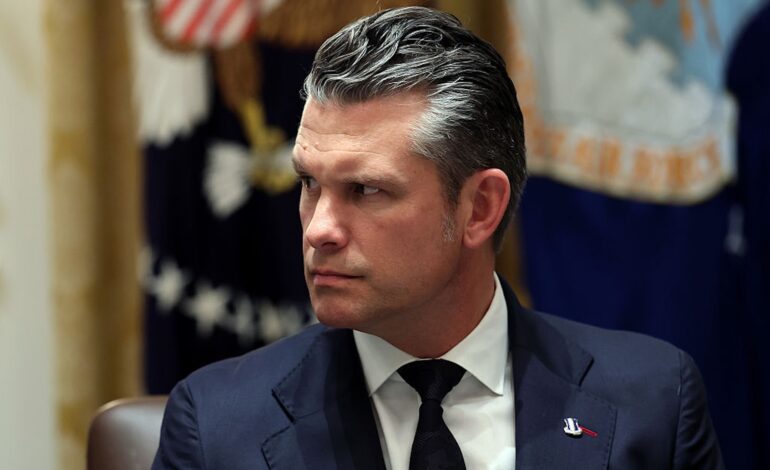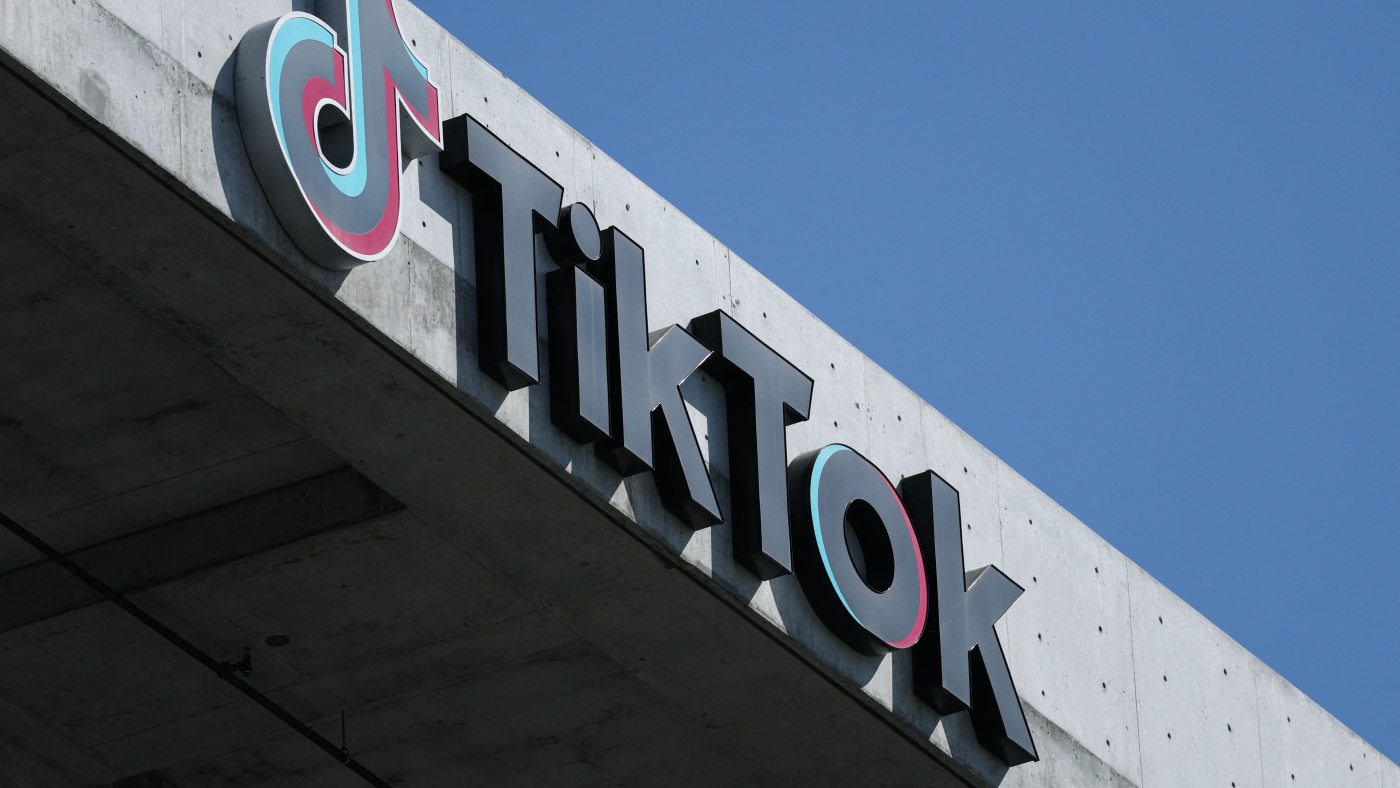Pentagon Press Policy Ignites Media Unity Against Restrictions

Secretary of Defense Pete Hegseth has ignited a significant backlash among journalists with his controversial new press policy that imposes strict limitations on media reporting. Over 100 Pentagon press members who declined to sign the policy, which mandates preapproval for publishing information, are now required to surrender their press credentials. This unprecedented move has prompted a rare show of solidarity among major media outlets in the United States, including those traditionally aligned with conservative viewpoints.
In the aftermath of the October 3 deadline, the response has been remarkably unified. Notably, Fox News host Bret Baier expressed solidarity with the broader press community, stating, “Well, we’re all standing in solidarity.” Major organizations such as CNN, MSNBC, ABC News, CBS News, and others have collectively rejected the Pentagon’s new access policy, which they argue undermines the First Amendment and journalistic freedoms.
The Associated Press has characterized the refusal of Fox News to comply with the new regulations as “a significant step.” Only One America News affirmed its compliance with Hegseth’s restrictions, with host Matt Gaetz describing the conditions as “reasonable.” This division illustrates the deepening tensions between the military and the media, as Hegseth’s new policies mark a departure from longstanding practices in military journalism.
Media Outcry Over New Restrictions
Hegseth’s actions have effectively overturned eight decades of established norms in the relationship between military authorities and reporters. The policy restricts journalists from soliciting information, even if unclassified, and threatens the loss of credentials for those who do not comply. An expert highlighted the escalation in threats surrounding the act of reporting, noting that the initial guidelines, which faced widespread rejection, have evolved into a tactic aimed at intimidating both journalists and government employees.
Since assuming his role in February 2023, Hegseth has initiated a crackdown on press access, closing off sections of the Pentagon and limiting movement for reporters. A joint statement from prominent news organizations, including The Washington Post and The New York Times, condemned the policy as a serious threat to journalistic protections, emphasizing their commitment to covering the U.S. military in line with principles of a free press.
The Pentagon Press Association and the National Press Club have publicly denounced Hegseth’s approach, labeling it unconstitutional. “What they’re really doing, they want to spoon-feed information to the journalists, and that will be their story,” remarked retired General Jack Keane during a discussion on Fox News. This sentiment reflects a broader concern that the policy compromises the integrity of journalism and the public’s right to information regarding government operations.
Historical Context and Implications
The restrictions have drawn sharp criticism from various corners. Tom Bowman of NPR, a veteran Pentagon correspondent, resigned his credentials in protest, citing a significant reduction in information flow from the Defense Department. In stark contrast to previous administrations, which regularly held press briefings, Hegseth’s Pentagon has provided minimal communication since he took office, conducting only two briefings in ten months.
Concerns extend beyond media access to broader implications for government transparency. Matt Murray, executive editor of The Wall Street Journal, articulated the risks of the proposed restrictions, asserting that they undermine First Amendment protections by imposing unnecessary constraints on the gathering and publication of information.
Hegseth has defended his policies by claiming that access to the Pentagon is a privilege, not a right, and has outlined new credentialing requirements on social media. Yet, journalists have expressed that the changes have only exacerbated the challenges they face in reporting effectively on military matters.
As the media landscape evolves in response to these restrictions, Hegseth’s policies may inadvertently strengthen the resolve of journalists to uncover and report on Pentagon activities, even if it necessitates relying on off-the-record sources and whistleblowers.
In summary, rather than silencing dissent, Hegseth’s crackdown has galvanized the press around the fundamental principles of transparency and accountability, highlighting the essential role of journalism in public discourse. The profound implications of this conflict may shape the future of military reporting and the relationship between the press and government entities.






